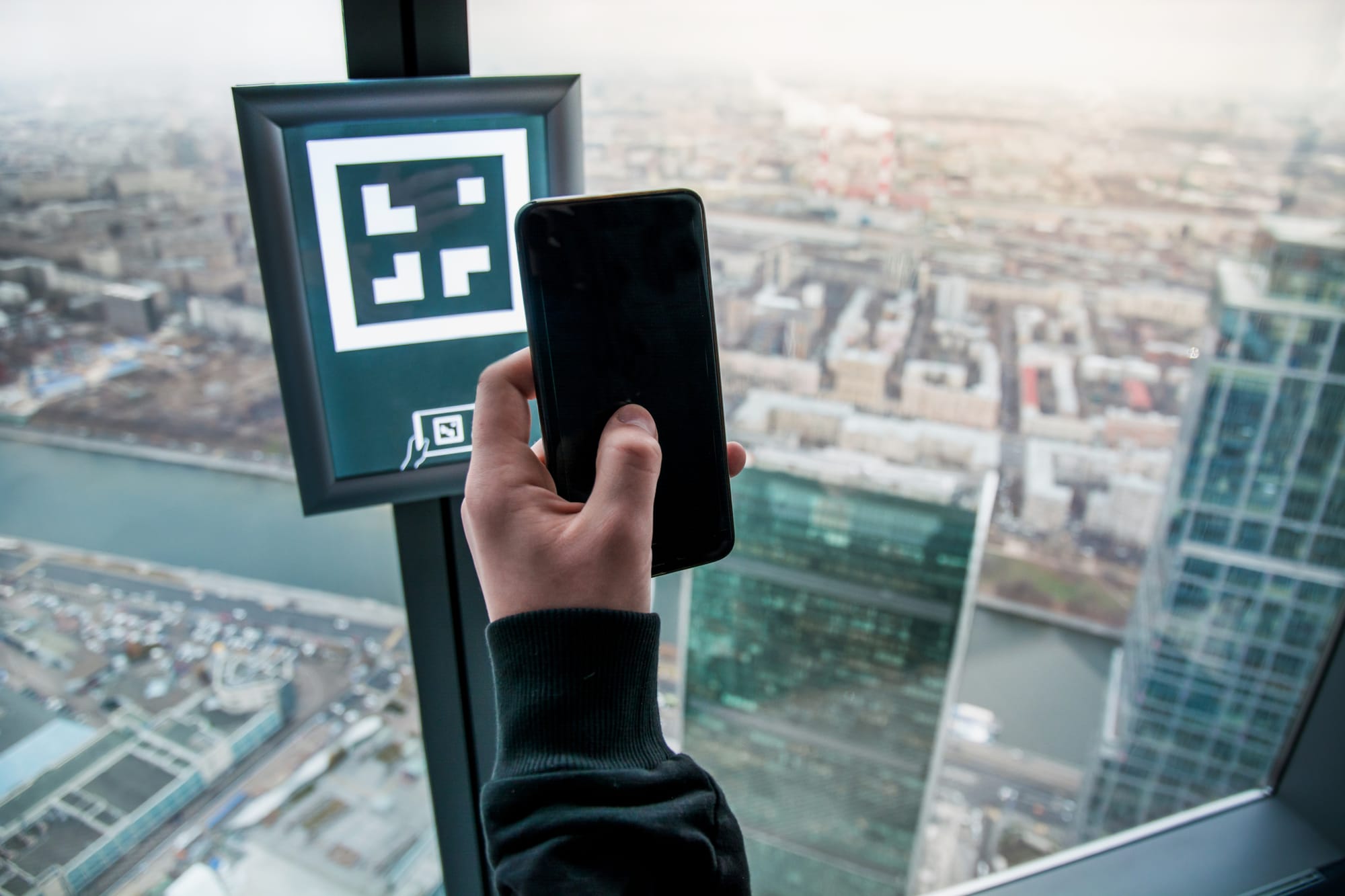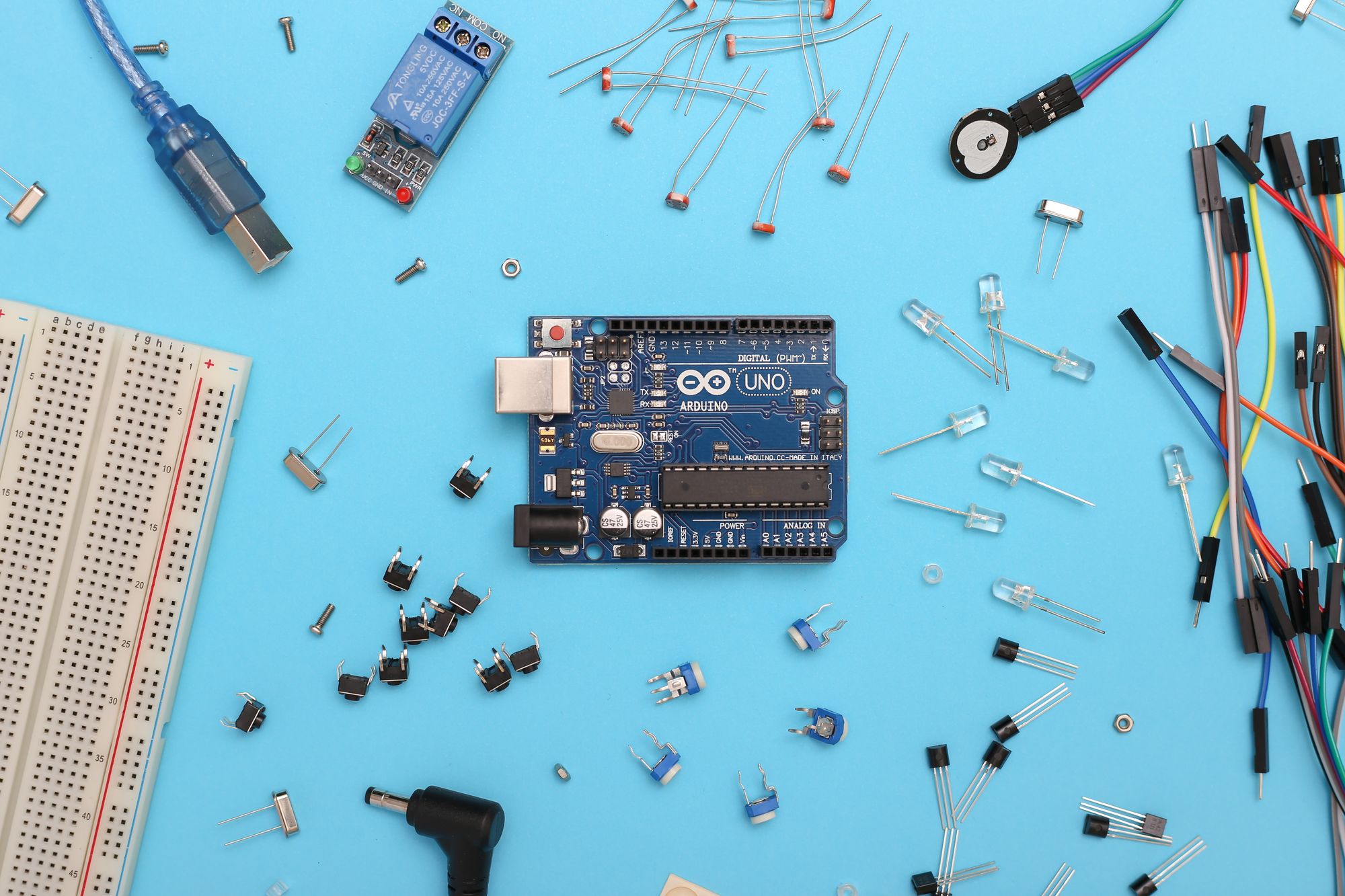The events industry has always thrived on innovation, and in 2025, technology is not just enhancing the experience, it's redefining it. From AI assistants to spatial computing and emotion recognition, we’re seeing a wave of tools that are making events more immersive, intelligent and inclusive than ever before. Here’s a look at the latest tech trends shaping the future of events, and how you can harness them.
AI Is Now The Backbone of Events
AI has evolved from a buzzword into the silent powerhouse of event planning. In 2025, AI tools aren’t just automating tasks, they’re driving real-time strategy and human connection. Here’s how AI is transforming events:
- Intelligent matchmaking: AI platforms like Grip and Brella use attendee behaviour and interests to create personalised networking suggestions.
- AI event assistants: Tools like Notion AI, and Jasper are generating speaker bios, email campaigns and social copy in seconds.
- Live translation & transcription: Platforms like Wordly, Otter.ai and Trint provide real-time summaries and translations across multiple languages.
- Predictive planning tools: PredictHQ uses external demand signals to forecast attendance, helping optimise staffing, catering, and transport.
- Emotion analytics: AI systems (with opt-in consent) now track facial expression and voice tone to help planners monitor live attendee sentiment.
- AI-powered venue sourcing: Hire Space 360 uses smart tools and expert support to help book the perfect venue, fast, streamlining supplier communications and saving hours of admin.
Ready to book smarter? Explore Hire Space 360 and discover how AI can supercharge your venue sourcing.
Find out more

Spatial Computing Is Shaping Immersive Experiences
With the rise of Apple Vision Pro, spatial computing has moved from sci-fi to centre stage in events. Ways spatial tech is being used today:
- Spatial keynotes and demos: Presenters bring digital content to life with interactive 3D visuals that attendees can view in real space.
- Virtual venue tours: Platforms like Matterport allow planners to “walk” clients through venues remotely.
- 3D floor plan collaboration: Teams can now co-design spaces using immersive modelling, helping catch layout issues before they happen.
Adaptive Event Apps Are Smarter Than Ever
Gone are the days of static apps. Today’s event platforms are becoming smart, responsive, and personalised thanks to AI integration. Top features in 2025:
- Hyper-personalised schedules: Tools like Swapcard and Cvent Attendee Hub use preferences, engagement behaviour to suggest custom agendas.
- •AI-powered content creation: Sched has built-in AI that helps organisers instantly generate compelling session titles, descriptions, emails and registration copy to boost signups and save hours of writing time.
- AI concierge bots: Zerista (Aventri) and other providers now offer chatbots that answer FAQs, recommend sessions and help navigate venues.
- Real-time feedback dashboards: Organisers see live data on what attendees are engaging with, helping them tweak programming on the go.

Privacy-First Tech Is Now Essential
With growing scrutiny around data use, event tech must now be built with privacy and ethics at its core. Key developments:
- Decentralised identity tools: Solutions like Microsoft Entra allow attendees to own and share their personal data on their own terms.
- Granular consent frameworks: Modern platforms are adopting opt-in checkboxes for each specific data use, improving compliance and trust.
- Zero-data AI tools: Assistants like PrivateGPT can run securely without storing or sharing user data, ideal for sensitive events.
Inclusivity Powered by Tech
One of the most exciting frontiers for tech in 2025 is its ability to make events more inclusive, from planning through to execution. With the right tools, we can break down barriers around mobility, neurodiversity, language and access.
- AI-powered accessibility tools like Wordly and Kudo provide live translations and transcriptions in multiple languages, allowing non-native speakers to fully engage in both virtual and in-person sessions.
- Multilingual captioning and interpretation (automated or human) allow for broader participation across global audiences and open the door for more culturally diverse speaker panels.
- Real-time audio and text translation in event apps and headsets breaks language barriers instantly, ensuring attendees never miss out due to the language of delivery.
- AI route planners help attendees navigate large venues based on accessibility needs, preferences or real-time congestion.
- AI chatbots can offer safe, always-on support for attendees needing help with directions, sessions or accessibility requirements.
- Neuroinclusive planning tools: Platforms like EventWell help identify overstimulating environments and recommend layout or lighting changes.
There are increasingly more and more tools and resources for prioritising inclusion, some of which you can find in this piece on the future of accessibility in events from our session with Isaac Harvey at International Confex.

Final Thoughts: The Experience Era Is Here
Event tech isn’t just about automation; it’s about intention. The most successful events are those that use technology to create richer, more personalised and more inclusive experiences. Whether it’s AI assistants behind the scenes or enhancing inclusivity, tech should elevate human connection, not replace it.
So what’s next? The possibilities are endless, and this is only the beginning.
Got a favourite new event tech tool or trend? Tag us on LinkedIn, we’d love to see what you’re using to shape the future of events.
Experience the Future of Event Planning
Streamline your planning process with comprehensive tools and support to manage your events more efficiently with Hire Space 360.
Book a call
Author

Gemma Baker
Gemma loves all things social media and keeps busy by creating lots of Hire Space content. When she’s not creating content, you'll find her shopping, exploring or at the gym!


